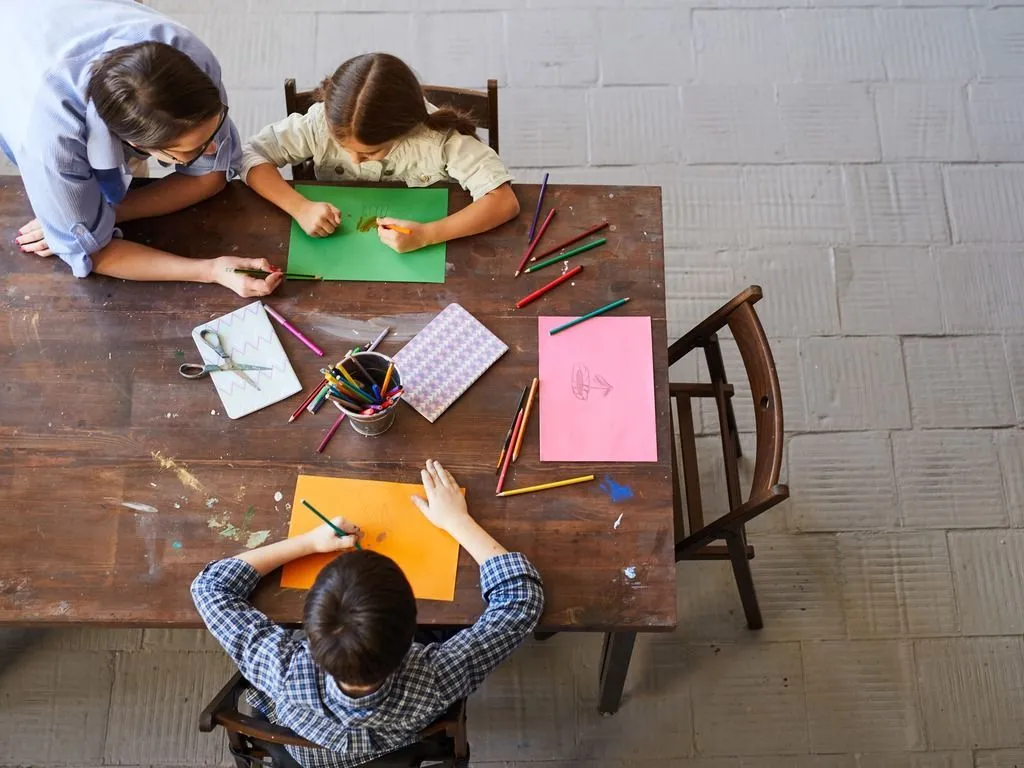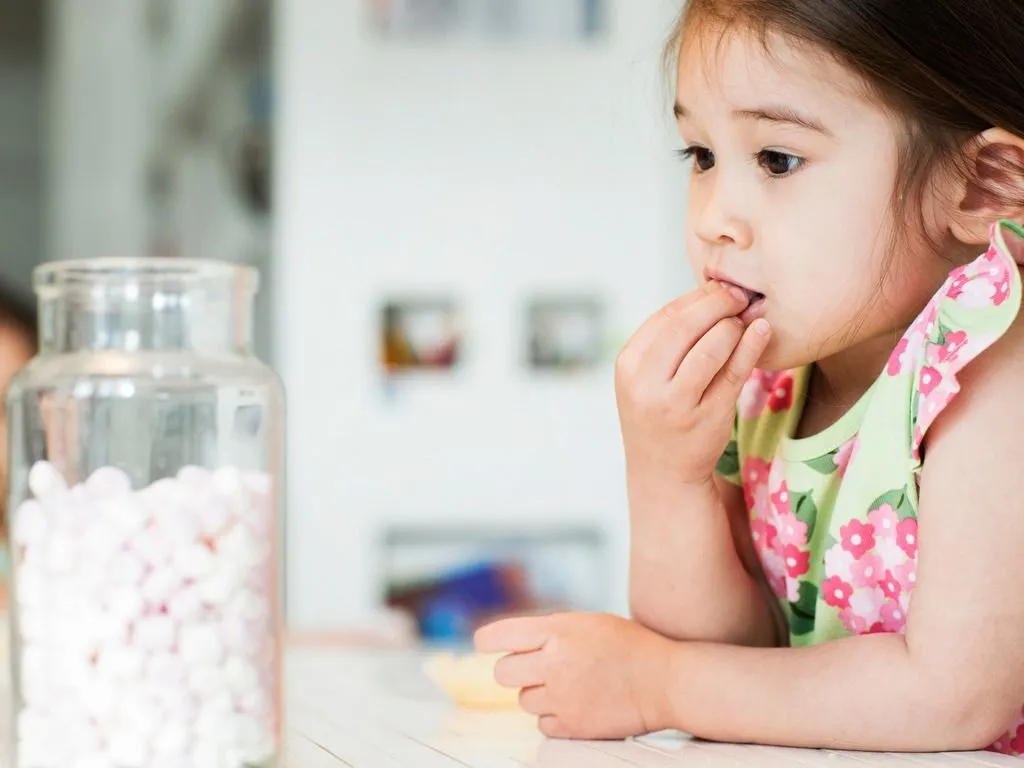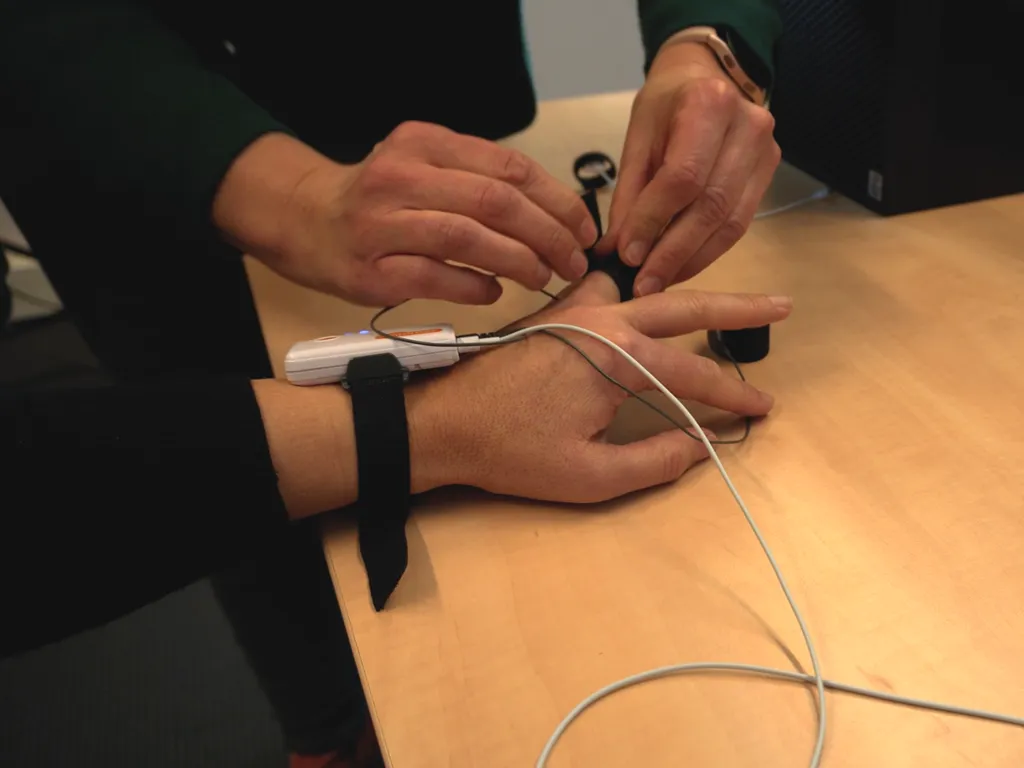Understand how people behave
Psychology research
As a psychologist you are concerned with understanding the principles of behavior, including how individuals learn, make decisions, and respond to different stimuli. Questions you would like to answer are for example:
- How do we learn new behaviors and habits?
- What factors shape our decision-making and actions?
- How do our surroundings and social interactions affect our behavior?

A day in the life of a psychologist
In your role as a psychologist, your day involves juggling a wide range of tasks, making you a true jack-of-all-trades. Beyond designing and conducting your (clinical) research, you're responsible for many other critical aspects. You must handle personal data with care, navigate ethical considerations, engage with a range of stakeholders, stay updated on the latest techniques, ensure your software runs smoothly, and manage vast amounts of data.
Combine your insights to make sense
Given that human behavior is shaped by a complex web of factors, studying it requires an integrated approach. By combining insights from various perspectives, you can make sense of this complexity and gain a clearer understanding of human behavior.
Psychology includes a wide range of subfields, such as developmental psychology, behavioral psychology, and clinical psychology.
Developmental psychology
What shapes our growth, from childhood to adulthood? How do
we acquire language, develop emotional bonds, or build our identity? These
questions are at the heart of developmental psychology – the study of how we
evolve emotionally, cognitively, and socially. By exploring genetics,
environments, culture, and individual life experiences, developmental
psychologists uncover the key factors that influence who we become over time.
Blog: How to study developmental psychology
Behavioral psychology
Have you ever wondered why you behave in a certain way or
what drives your actions? If so, you’re pondering about behavioral psychology –
the study of the connection between our minds and our behavior. It delves into
how our surroundings and social interactions affect our feelings and choices,
how rewards and consequences shape our actions. Behavioral psychologists develop
strategies to encourage positive habits, improve mental health, and change
unwanted behaviors.
Blog: Understanding behavioral psychology
Clinical psychology
What helps people manage anxiety, agitation, depression, or
trauma? Clinical psychology seeks to answer that by understanding, diagnosing,
and treating mental health challenges. Through assessments, counseling, and
tailored treatment plans, therapists help individuals cope with emotional and
psychological challenges. Whether through one-on-one sessions, group therapy, or
community programs, the goal is to improve overall well-being and help people
lead healthier lives.
User story: A dedicated counseling psychology lab
Stay ahead in behavioral research!
Subscribe to Noldus Newsline
- Discover innovations – Be the first to know about new tools and software to advance your research and get insights that help you stay ahead.
- See real research in action – Get inspired by real-world studies from our community, discovering fresh approaches for your work.
- Access exclusive perks – Receive early updates on promotions, product releases, and events crafted for you.
Innovative solutions for psychology research
Free product portfolio
Check out this portfolio of tools and solutions for psychology research, focusing on the observation and analysis of human behavior. These integrated solutions are designed to streamline your research process, from data collection to analysis, ensuring high-quality, reliable results.
How to uncover answers: Methods for understanding human behavior

Observations
To gather real-life data on actions and interactions of children, adolescents, or adults you can watch how they behave in natural or controlled settings.
- Video observation is a non-invasive form and will enable you to capture (inter)actions. Multiple camera views create new perspectives on the same behavior.
- To be able to analyze behaviors properly, you need to review and code your video observations.
- To discreetly observe and analyze participants in a naturalistic yet controlled setting an observation lab would suit perfectly.
Example topics you might want to study are child behavior in a classroom setting, parent-child interaction at home, coping strategies, or children's developmental characteristics.

Behavioral experiments
Running tests in a controlled setting can help you identify cause-and-effect relationships and uncover the underlying mechanisms that drive people's actions.
- To capture reactions to stimuli or how participants perform a task, video recordings are indispensable.
- Statistical methods will help you analyze data and identify significant patterns. After all, you want reliable results for your publication.
- Behavioral experiments typically take place in controlled environments such as a research lab. Benefit of precise control and access to advanced technology.
There are many examples of behavioral experiments, for instance Memory and Recall experiment, Still Face experiment, Stroop test, or Marshmellow experiment.

Psychophysiological tests
By measuring bodily responses you can understand how the brain and body interact in various psychological states.
- By integrating various data streams you get a comprehensive view of participants' behaviors and physiological responses. Besides, you want everything to be aligned for accurate analysis.
- Combining facial expression analysis with physiological data gives a fuller picture of emotional experiences. This helps in understanding how emotions manifest both externally (through expressions) and internally (through physiological changes).
Examples of psychophysiological tests are skin conductance, gaze and fixation, facial expressions, electical activity in the brain (EEG), cerebral blood flow (fNIRS), and heart rate.
Best practices for psychology research

Clear hypotheses and objectives | Define the research hypotheses and objectives before starting the study. This helps to focus the research, guide the experimental design, and ensure that the study addresses specific, measurable questions.
Ethical considerations | Ensure all research follows ethical guidelines, including obtaining informed consent, ensuring confidentiality, and minimizing harm to participants. Ethical review boards should approve studies to protect participants' rights and well-being.
Rigorous experimental design | Use well-structured experimental designs that include control groups, randomization, and blinding when possible. This helps to eliminate biases and allows for more reliable and valid results.
Accurate and reliable measurement | Use validated and reliable measurement tools and techniques to collect data. This includes standardized tests, well-constructed surveys, and precise observational methods to ensure the accuracy and consistency of the data.
Comprehensive data analysis | Employ appropriate statistical methods and software for data analysis. This includes understanding and applying the correct statistical tests, addressing potential confounding variables, and ensuring that the results are interpreted correctly and transparently.
Replication and peer review | Encourage the replication of studies to verify results and enhance the robustness of findings. Additionally, submitting research for peer review helps to identify potential flaws, improve the quality of the study, and ensure that the research meets the standards of the scientific community.
Featured resources
Identify differences in behavior and brain development
Because there is still so much to learn about early brain development, typical and atypical development, and understanding the mechanisms that drive these developments, lots of research is done at the Baby & Child Research Center.
Examine infants’ evaluations of moral dilemmas and social interactions
At the Centre for Infant Cognition (CIC) researchers look at minute eye gaze changes, hand gestures, and emotions of infants while they are observing a moral dilemma or social interaction, which is usually depicted in a puppet show.
Gain insight in cognitive delays in infants with Down syndrome
Researcher Fidler and her colleagues aim to understand more about early cognitive development in people with Down syndrome so that we can improve preventative care for this vulnerable group.
Understand the micro-dynamics of couples’ interactions
How do aspects such as communication and emotions, develop during real-time couples’ interactions? By coding verbal and nonverbal communication and dyadic coping behavior, micro-dynamics can be unraveled.
Are you looking for advice on your application?
Do you want to learn more about how to apply Noldus products to your
research, or do you need advice from our team of behavioral experts?
Noldus is here to assist you throughout the whole process.